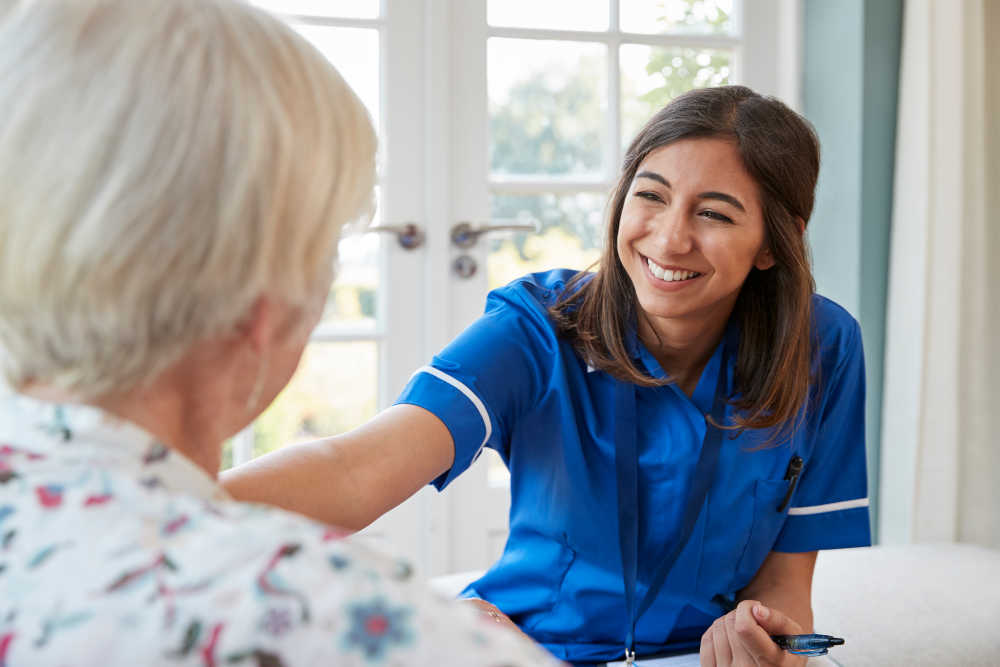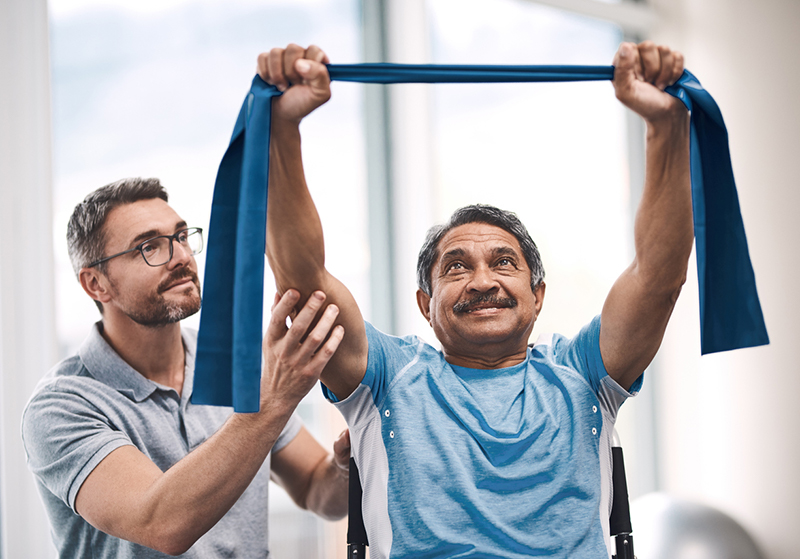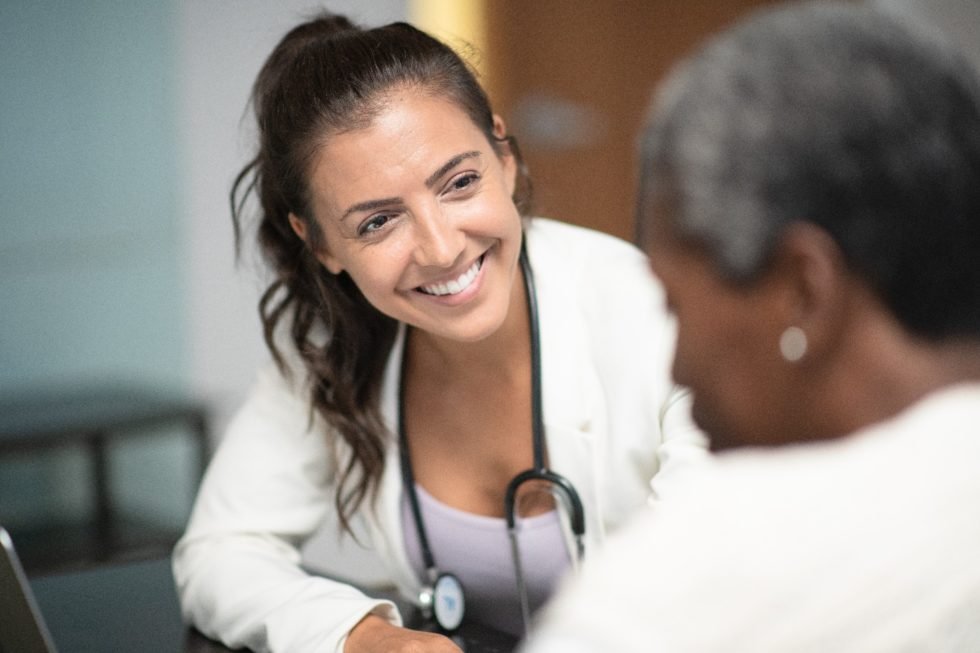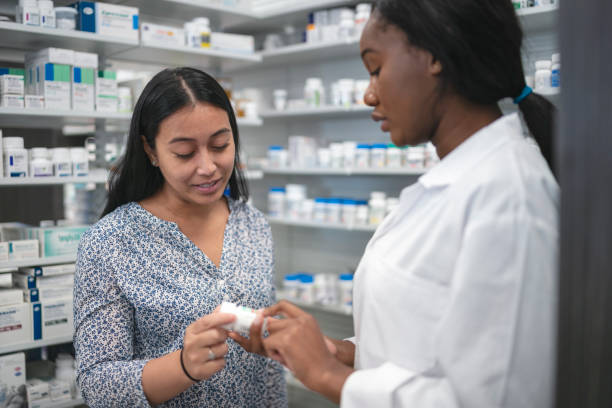Welcome
General Practitioner (GPs)
What is a GP?
GPs are expert medical generalists who provide the first point of contact with the NHS for most people in their communities. GPs deal with complexity and uncertainty on a daily basis and provide continuing comprehensive and co-ordinated care to their patients by building relationships and understanding their needs. GPs look at the physical, social and psychological aspects of patients’ wellbeing. GPs contribute hugely to keeping the Nation healthy.
Entry requirements and the course
You can only practice as a GP with a medical degree and further training and qualification as a GP is a lengthy process.
First you will need to complete a five-year medical degree that is approved by the General Medical Council. You’ll need a minimum of three A levels, including chemistry and either biology, physics or maths, plus another academic subject. You will also be expected to have at least five GCSEs at grades 9 to 7 (A* or A). You may also be asked to complete an aptitude test, such as the biomedical aptitude test (BMAT) or the university clinical aptitude test (UCAT).
There’s also the possibility of studying a foundation year, before starting your medical degree for those who have not studied sufficient science, or are coming from a disadvantaged background. If you already have a degree, you may be able to take a shorter, more intensive graduate medical degree. From September 2024, it may be possible to train as a doctor by doing a five year apprenticeship.
The medical degree Is followed by compulsory hospital and general practice-based vocational training through the two-year foundation programme. This is a general medical training programme, where you’ll combine work experience with training. During the foundation years you will move around different medical specialties. One third of the way through the second year you will be asked to make a choice about which specialty training you would like to embark on in later years. Speciality training for general practice takes a minimum of three years. At the end of this period of training, you’ll need to pass exams for entry into the Royal College of General Practitioners.
Opportunities/working environment
Once you are qualified to work as a GP there are many opportunities to further develop your career.
- specialise in areas such as sports medicine, adolescent health, diabetes or palliative medicine
- get involved in research at universities, the NHS or the private sector
- teach medical students or postgraduate doctors in training
- become a member of a local committee or get involved in local health issues
“A day in the life of …..”
A full-time working week usually comprises of eight sessions, which equates to four days. A typical day in the practice normally starts at around 8.00 am when you’ll check paperwork before seeing patients. You’ll spend time with a mix of patients with a variety of health needs either face-to-face or through a phone consultation. At the end of morning surgery, you may see extra patients who need to be seen urgently.
After morning appointments, you’ll generally catch up on paperwork, and make any phone calls. After lunch you may visit patients in their homes or care homes. The visits are reserved for patients who can’t come to the surgery; those with reduced mobility or who are particularly unwell. Once visits are complete, you’ll start your afternoon surgery, which might run from 3.00 pm until 5.30 pm. You may also provide evening and weekend appointments.
There are always administrative tasks that may include checking blood and pathology reports, signing prescriptions, reading correspondence from specialists and writing referral letters. You need to organise your working day to allow time to get through it all and ensure you remember any tasks you may need to come back to.
Working as a GP in BSol
Newly qualified GPs are supported with a mentorship training and support programme when undertaking an ARRS GP role in BSol.
The BSol First 5 Network is a network for GPs in their first five years post qualification and nurses within their first five years in primary care, providing members with networking opportunities and a variety of other developmental opportunities.
Click on the link to sign up to the weekly Primary Care bulletin which provides resources on health policy and practice: NHS England » Primary Care bulletin.
Birmingham and Solihull Training Hub provides expert, tailored, and holistic training and support for our healthcare family members throughout their career journeys in primary care. This learning centre is designed to support training and development across a range of learning methodologies.
A number of individual practices and networks working in BSol have Skilled Worker Licenses to support international medical graduates working in the organisation.












